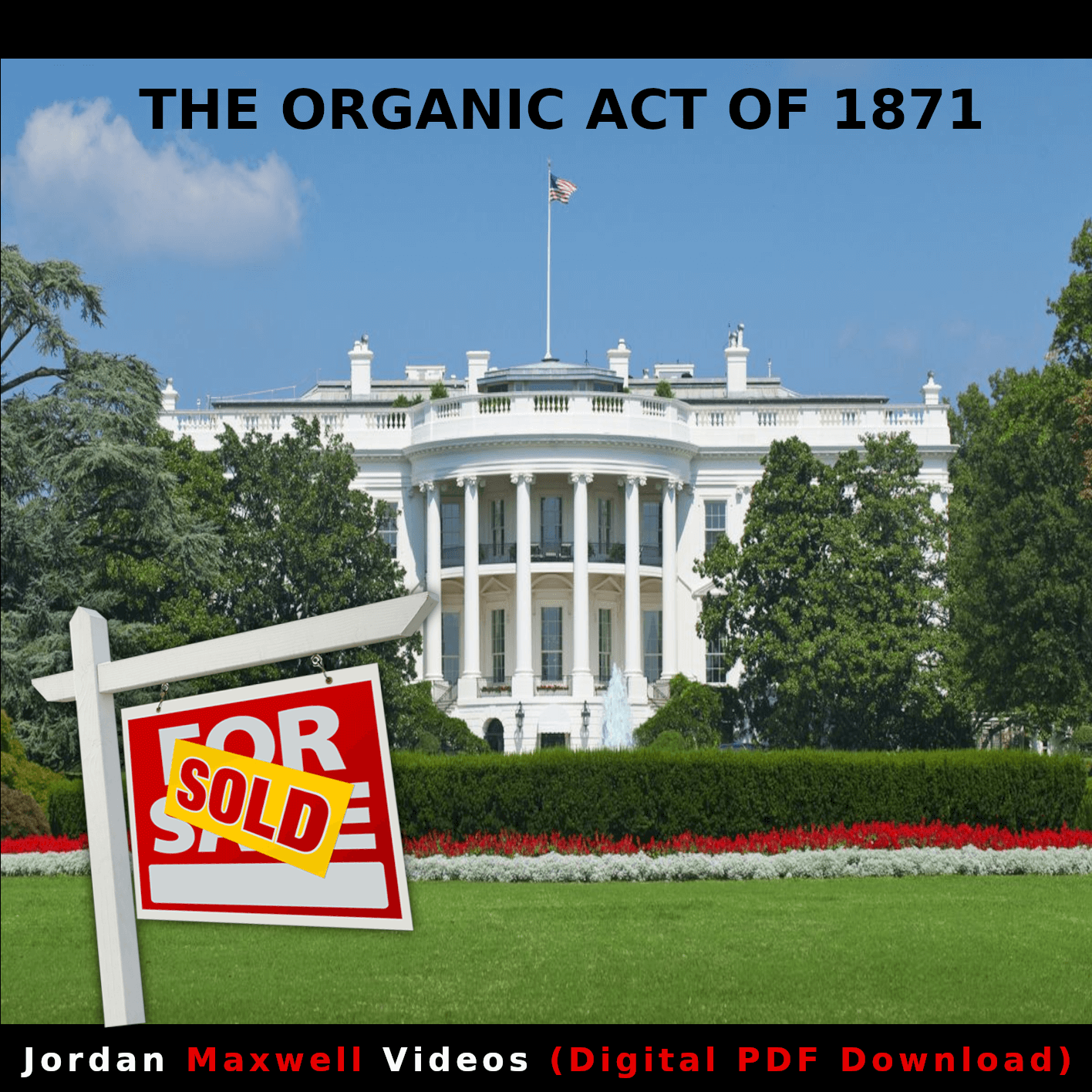Description
What Was the Organic Act of 1871?
The Organic Act of 1871 was a law passed by the U.S. Congress that consolidated the City of Washington, Georgetown, and Washington County into a single municipal government, forming what we now know as the District of Columbia. On the surface, it appeared to be a practical move for administrative efficiency.
Why Is It Controversial?
While the official narrative focuses on municipal restructuring, alternative researchers argue that the Act signaled something much deeper: the incorporation of the United States as a private, foreign-owned corporation. This view suggests that after 1871, the U.S. government shifted from a constitutional republic to a corporate entity—”The United States of America, Inc.”
A Shift in Sovereignty?
According to this theory, American citizens were reclassified as corporate entities, subject to federal control rather than sovereign constitutional rights. This interpretation raises major questions about personal sovereignty, legal identity, and the erosion of constitutional protections—a central focus in the work of Jordan Maxwell and other truth-seekers.
Why the Organic Act Still Matters
Whether you accept the mainstream explanation or explore deeper alternative views, the Organic Act of 1871 is a historical milestone. It’s often cited as the beginning of a shift in American governance, law, and identity. Understanding this Act is key for anyone investigating how U.S. legal structures evolved—and who really holds the power.
For more historical insights and rare video archives, visit our homepage: JordanMaxwellVideos.com.










